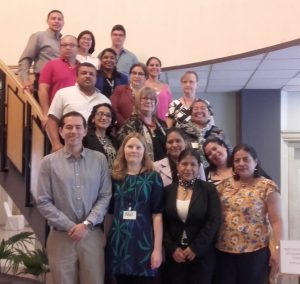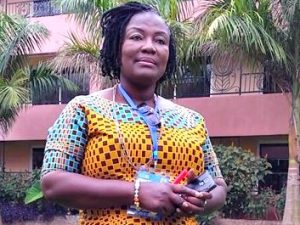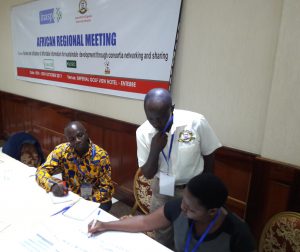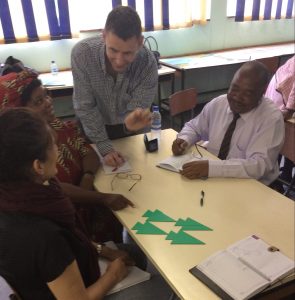Sustainable development through stronger library consortia networking in Latin America
“[Access to research literature] is very important, because this will allow us to improve the quality of research in Nicaragua.” Our Central American consortia partners reflect on collaborative approaches to support sustainable research access, which were discussed at a regional meeting that was held in El Salvador in November 2017.






